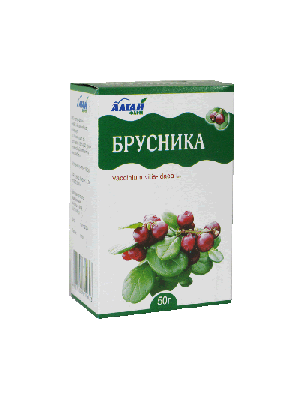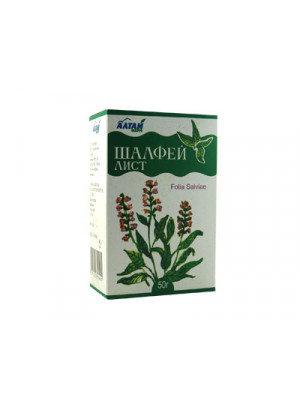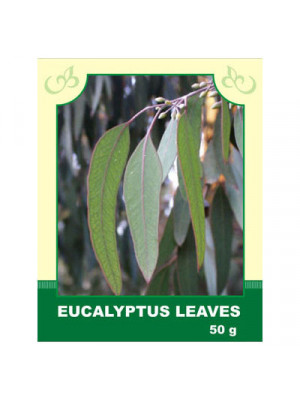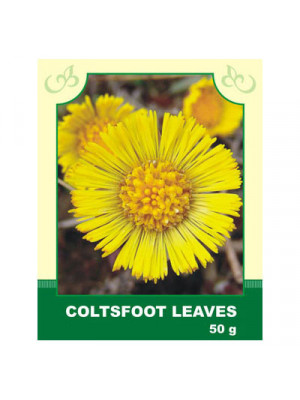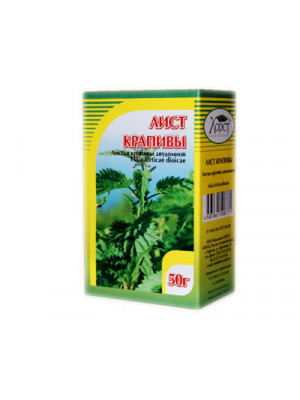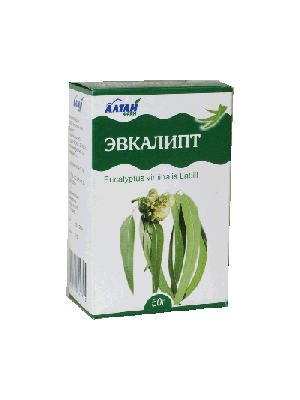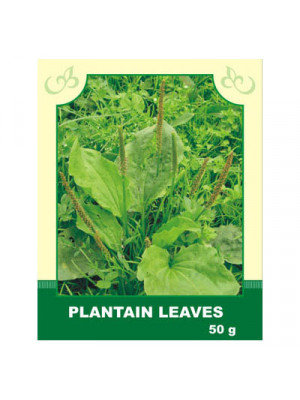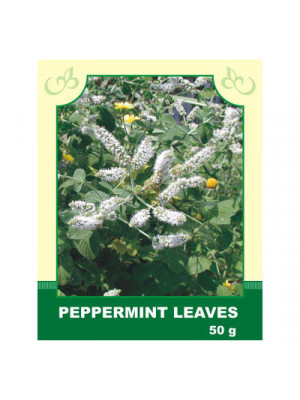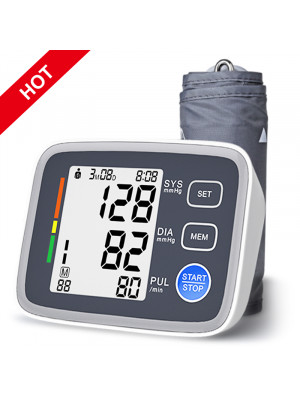Search results for 'leaves and branches of a walnut'
- Broth or water infusion of leaves used as a diuretic, choleretic and antiseptic treatment of inflammatory diseases of the kidneys and bladder, urolithiasis, gout, less as a binder for non-infectious diarrhea nature.$6.99
Internal use: Taken for gastrointestinal spasms, inflammation of the gastric mucosa with reduced acidity of gastric juice, peptic ulcer of the stomach and duodenum, inflammation of the gallbladder and urinary bladder, as an expectorant for upper respiratory tract inflammation, to reduce milk formation in nursing mothers, for infertility, and to improve memory. Considered very effective during the menopausal period.
Application and dosage: Pour 1 tablespoon of raw material with 400 ml of boiling water and infuse for 20-30 minutes. Take 1/4 cup 3-4 times a day.
External use: Used for inhalations, rinses, and compresses to treat stomatitis, upper respiratory tract catarrhs, toothache, inflammatory skin conditions, purulent wounds, and for mild burns and frostbite. Use 2-3 tablespoons of finely chopped dry leaves per 500 ml of boiling water.
Contraindications: Individual intolerance, acute nephritis, pregnancy.
$6.99Internally, it is used for diseases of the digestive system, kidney diseases, bladder diseases, nocturnal enuresis, respiratory diseases, flu, weakness of the heart, pulmonary tuberculosis, oncological diseases, headaches, nervous diseases, as well as for roundworms.
Method of application and dosage: 20 g of the herb is poured with 400 ml of boiling water and boiled on low heat until half, strained, and the remaining plant material is squeezed. The obtained infusion is brought to the original volume with boiling water. Take 1 tablespoon internally 3 times a day after meals.
Externally, children with diatheses are washed with an infusion of St. John's wort herb, compresses are applied for rashes and boils, and for diseases of the mammary glands. For external use, 2 tablespoons of raw material are poured with 200 ml of boiling water, infused until cooled. For douching, it is diluted with warm boiled water at a ratio of 1:5.
Contraindications: individual intolerance.
$6.99Internally. Eucalyptus is taken for abdominal pain and gastritis with reduced acidity, bronchial asthma, acute respiratory diseases, pleurisy, bronchitis, and tracheitis. Eucalyptus preparations have disinfectant, anti-inflammatory, analgesic, and antimicrobial properties.
Method of application and dosage: Boil 10 g of dried crushed raw materials for 15 minutes in 1 cup of water, strain, and bring the volume to the original one with boiled water. Take from 1 tablespoon to 1/4 cup 3-4 times a day, starting with a smaller dose and increasing with each intake.
Externally used for rinsing and inhalations in laryngitis, tracheitis, catarrhal and purulent bronchitis, abscesses and gangrene of the lungs, for washing infected boils, wounds, fistulas, ulcers, inflammation of the genital organs, for blepharitis in ophthalmic practice. For external use, prepare based on 2 tablespoons of leaves per 0.5 liters of boiling water.
Contraindications: Individual intolerance.
$6.99Folk remedy for strengthening hair and combating dandruff:
A decoction of coltsfoot mixed with nettle is an effective remedy for strengthening hair and combating abundant dandruff.
Internal use:
Take it internally for the following conditions: bronchial asthma, bronchitis, pleurisy, pneumonia, runny nose, flu, inflammatory processes in the oral cavity, toothache, arthritis, myositis, allergies, epilepsy, malaria, edema, shortness of breath, gastrointestinal diseases, peptic ulcer, gastritis, heart diseases, bladder, and kidney diseases.
Preparation and dosage: Pour 5 g of raw materials with 200 ml of boiling water, boil for 10 minutes, infuse at room temperature for 10-15 minutes, then strain. Take 1 tablespoon 3-4 times a day before meals.
External use:
Externally, the decoction is used for accelerating the ripening of boils, for chronic wounds and ulcers. It is also used for gargling in case of angina and for douching in inflammatory diseases of the female genital organs accompanied by discharge. For external use, pour 50 g of raw materials with 1 liter of boiling water, boil for 5 minutes, strain, and apply externally.
Contraindications: Individual intolerance.
$6.99Internally, it is used for gout and rheumatism; kidney and bladder diseases; liver and gallbladder diseases; tuberculosis of the lungs; dysentery; as a hemostatic agent for pulmonary, renal, uterine, and intestinal bleeding; and for digestive disorders.
Method of application and dosage: 2 tablespoons of raw material are poured with 200 ml of boiling water, heated in a water bath for 10-15 minutes, infused at room temperature for 45 minutes, squeezing out the remaining plant material. The obtained infusion is brought to the original volume, and it is taken in 1/4-1/2 cup 3-5 times a day before meals.
Externally, nettle is applied for hypo- and avitaminosis, as well as for strengthening hair and treating furunculosis.
Contraindications: individual intolerance, increased blood clotting, hypertensive disease, pregnancy, bleeding caused by cysts, polyps, and other tumors of the uterus and its appendages. Special caution for patients with kidney disease.
$6.99- Description. Native to Australia, the Eucalyptus is a traditional Aboriginal remedy for a variety of ailments. Today, it is used worldwide for many common problems. Eucalyptus leaves contain volatile oils, tannins, organic acids. Eucalyptus is antiseptic; it reduces muscle tension and spasms; expectorant; stimulant; reduces or prevents fever. Externally, the antiseptic, slightly anesthetic, anti-bacterial, and warming properties of Eucalyptus make it a valuable resource treatment of burns, sores, ulcers, scrapes, boils, and wounds.
Use. Internally, Eucalyptus appears to help relieve symptoms of colds, flu, chest congestion, sore throat, bronchitis, pneumonia, and respiratory infections. For internal use, Eucalyptus can be made into a tea or tincture. Teas can also be used as a gargle for relief of sore throat. Externally, the antiseptic, slightly anesthetic, anti-bacterial, and warming properties of Eucalyptus make it a valuable for burns, sores, ulcers, scrapes, boils, and wounds. Applied topically as an oil or ointment, it also helps relieve the pain of rheumatism, aching, pains, stiffness, and neuralgia. For outdoor enthusiasts, Eucalyptus rubbed into the skin seems to work well as an insect repellant. Rubbed into the chest, it relieves congestion and cough.
Attention! Before using any herbal products, make sure that you have full knowledge of how the herb works and any adverse reaction it may cause.$6.99 Internally, it is taken as an expectorant for acute bronchitis, pneumosclerosis, pulmonary tuberculosis, and whooping cough; for nocturnal enuresis; in gastritis and acute gastrointestinal diseases (enteritis, enterocolitis), acute and chronic colitis; in urticaria, scabies, and atherosclerosis; in stomach, lung, skin cancer, and elephantiasis.
Method of application and dosage: Pour 2 tablespoons of raw material into 200 ml of boiling water, boil in a water bath with the lid closed for 30 minutes, infuse at room temperature for 10 minutes. Strain, squeezing the remaining material, bring the obtained infusion to the original volume with boiled water, and take orally 1/3-1/2 cup 3-4 times a day 10-15 minutes before meals. Externally, use the powder from plantain leaves to sprinkle wounds; the decoction is used for rinsing wounds, ulcers, for gargling with compresses in case of eye inflammation and dermatitis.
Contraindications: Individual intolerance, gastritis, peptic ulcer with increased acidity, predisposition to thrombosis.
$6.99Internally, a watery infusion of the leaves is used for gastritis, diarrhea, catarrh of the colon, conditions associated with diarrhea and constipation, inflammation of the small intestine, jaundice, hemorrhoids, uterine bleeding, heavy menstruation, asthma, and as a diuretic.
Method of application and dosage: Place 2 tablespoons of raw material in a thermos, pour 250 ml of boiling water, infuse for 1 hour. Drink 1/3 cup 3 times a day before meals. Externally, the infusion of leaves is used in the form of enemas and washes for bleeding and inflamed hemorrhoidal nodes.
Contraindications: individual intolerance.
$8.99Internal use:
Take it internally for spasms of the gastrointestinal tract, flatulence, nausea, vomiting; as a choleretic agent; in cases of nervous excitement and insomnia.
Application and dosage: Pour 1/2 tablespoon of raw material with 200 ml of boiling water, boil for 15 minutes in a water bath, then infuse for 45 minutes at room temperature. Strain, squeezing out the remaining raw material. Bring the finished infusion to the original volume and take it internally in doses of 1/3-1/2 cup 2-3 times a day 15 minutes before meals.
External use:
Externally, the infusion of peppermint is used for rinsing the nasal mucosa during a cold; for rinsing the oral cavity in case of unpleasant breath; for baths in case of itching of the skin, neurodermatitis, and eczema. For baths: pour 50 g of mint leaves with 10 liters of boiling water, boil for 15 minutes over low heat, and infuse until cooled.
Contraindications: Individual intolerance. Overdose of peppermint preparations is not allowed.
$6.99


